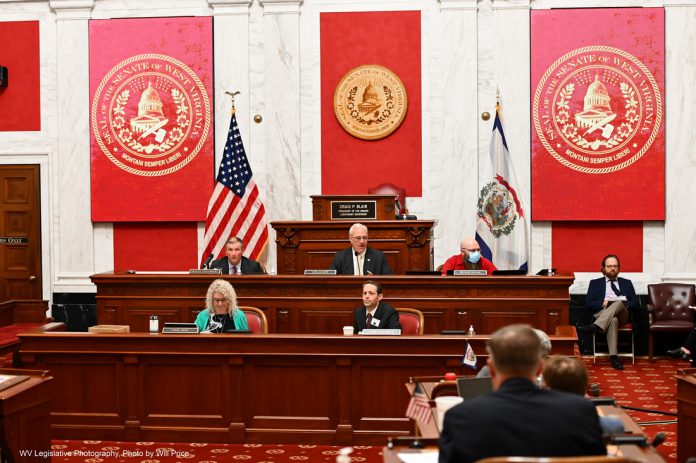The Joint Judiciary Committee met this morning to hear three presentations.
The first presentation was on public nuisance law. Elbert Lin stated public nuisance was originally defined as a narrow legal action, a method for governments to prevent interference with public right. Starting in 1979 the definition began to expand beyond criminal action to a broader action of unreasonable interference. It was stated that the broader definition creates a threat to businesses.
There are limitations on public nuisance. To be a public nuisance, the case must include a public right, must relate to real property, requires unlawful conduct, and defendant must have control of the nuisance. Remedies are often limited in a public nuisance case.
Legislation is the best way to create limits to public nuisance law. It creates “guardrails on the judiciary.” Several states have general laws defining public nuisance. Other states include the unreasonable interference. Most states’ definitions related to property. Many states exempt certain activities from public nuisance. West Virginia’s public nuisance laws label specific places or activities as public nuisance and exempts farming and gun ranges from public nuisances.
Tony Majestro stated he has worked on opioid litigation over the last few years. His presentation focused on public nuisance cases involving products. Twenty-five state have recognized nuisance cases on products. The case law requires illegal and negligent activity. The sale of opioids in Cabell County affects the public rights. Currently, 8.9 percent of the population has opioid addition disorder. They are at increased risk of hepatitis and HIV. Forty-five percent of the county’s CPS cases related to drug abuse. Public nuisance cases relating to opioid sales is the governmental agencies exercising their discretion to alleviate the crisis in their area.
The second presentation was on proposed legislation on juror incentivizing measures. The bill would create two new sections of code while amending two current sections of code relating to juror service. The first thing the legislation would do is provide a tax credit to employers who pay employees wage for the first five days of juror service. Second, the bill amends the reasons a juror can be excused from services. The bill also increases the per diem pay to $80 per day. The bill would also provide for 10 free hours of counseling services for jurors involved in particularly graphic cases. The bill also creates a special revenue account.
The final presentation was on the definition of “sexual contact” in code. Recently, there has been a movement to update and amend code to include martial rape. West Virginia is one of 26 states that retain marital immunity for rape. A bill passed out of Senate Judiciary last year to update the code.

